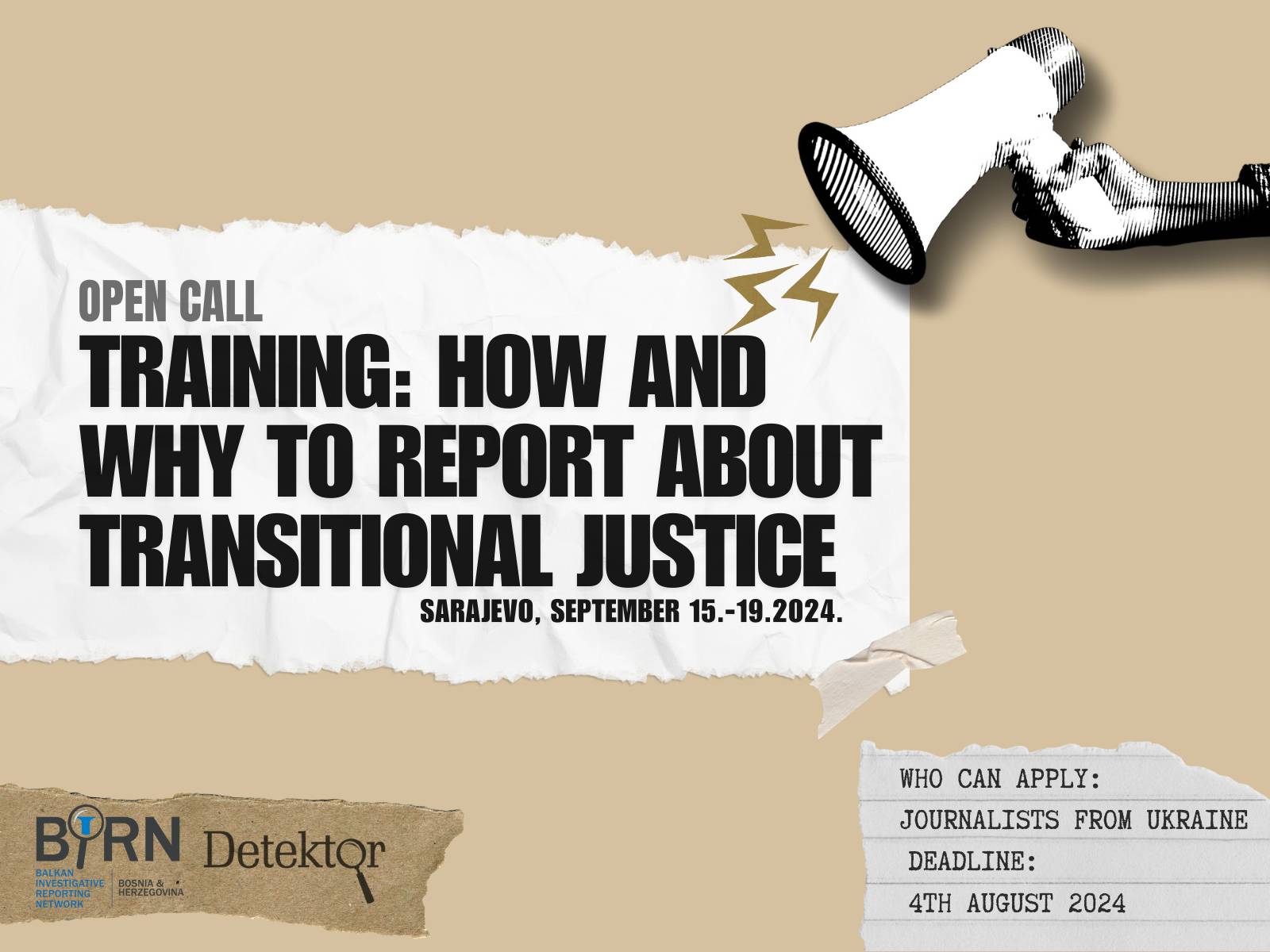This post is also available in: Bosnian

Recognitions for freedom of speech by the Southeast Europe Coalition on Whistleblower Protection were given for activist efforts, engagement in public interest and contribution to transparency within own community during 2022.
The Coalition granted recognition to Balkan Investigative Reporting Network of Bosnia and Herzegovina, BIRN BiH, for its courage and presentation of socially important information of public interest.
Other award winners include Amila Tatarevic (Baby Steps Association), journalist Rubina Cengic, Maida Bilal (Circle of Life, Kruscica, Foundation) and the Center for Investigative Journalism (CIN).
The annual meeting of the Coalition, hosted by the Center for Development of Youth Activism, CROA, and supported by the Secretariat of the Regional Anticorruption Initiative, RAI, served as a platform to present the activities of Coalition members, nongovernmental organizations from Southeast Europe, and for discussion of common challenges, strategies and solutions for improving the protection of whistleblowers in the region.
It was organized under the auspices of a regional project, “Breaking the Silence: Enhancing the Whistleblowing Policies and Culture in Western Balkans and Moldova”, which is funded by the European Union and implemented by the Secretariat of RAI.
The meeting gathered representatives of civil society organizations from Albania, Bosnia and Herzegovina, Bulgaria, Moldova, Montenegro, North Macedonia, Romania, Serbia, Slovakia and Kosovo.
As BIRN BiH reported previously, for several years persons employed in state institutions in Bosnia have had the possibility to report corruption and get whistleblower status or protected corruption denouncer.
However, till now, few have acquired such status. One of the episodes of BIRN’s TV Justice showed what whistleblowers have to go through after reporting corruption, why they are still not protected, and how that can be changed.
In November last year, as we reported, a law to protect individuals reporting corruption in institutions or companies majority-owned by the entities had still not been adopted in Bosnia’s Federation entity.
Such a situation directly favours corruption perpetrators, as the Federation entity government admitted when adopting a proposed law on protection of corruption denunciators in August.
This is the second time ten years that the entity government has adopted the text of the law, but, just like other proposals by parliament members, it has never been fully adopted by the Federation assembly.
After ten years of hesitation, the law on protection of corruption denunciators should be adopted in the Federation soon, but experts warn that encouragement to report corruption will depend on the speed with which courts take measures of protection.
In the meantime, those who decide to report corruption risk losing their jobs and being forced to fight for their rights through courts.


